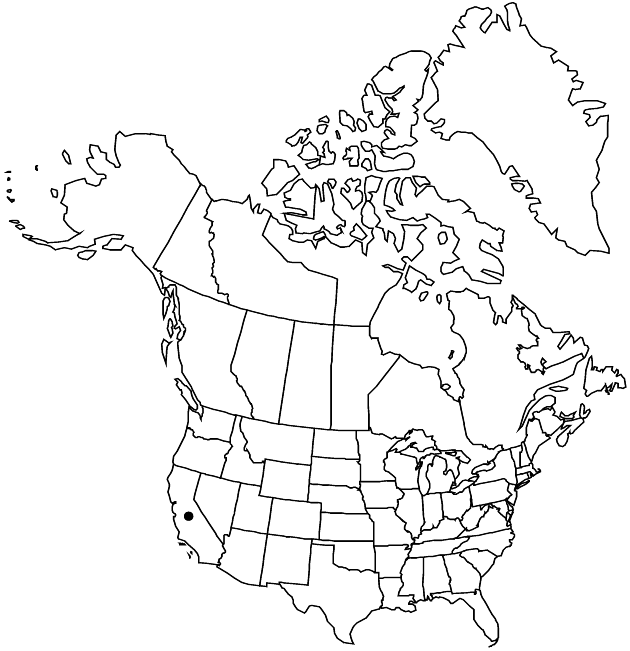Difference between revisions of "Monolopia lanceolata"
Proc. Acad. Nat. Sci. Philadelphia 4: 21. 1848.
Treatment appears in FNA Volume 21. Treatment on page 350.
FNA>Volume Importer |
FNA>Volume Importer |
||
| Line 46: | Line 46: | ||
|publication year=1848 | |publication year=1848 | ||
|special status= | |special status= | ||
| − | |source xml=https://jpend@bitbucket.org/aafc-mbb/fna-data-curation.git/src/ | + | |source xml=https://jpend@bitbucket.org/aafc-mbb/fna-data-curation.git/src/f6b125a955440c0872999024f038d74684f65921/coarse_grained_fna_xml/V19-20-21/V21_876.xml |
|tribe=Asteraceae tribe Heliantheae | |tribe=Asteraceae tribe Heliantheae | ||
|subtribe=Asteraceae (tribe Heliantheae) subtribe Baeriinae | |subtribe=Asteraceae (tribe Heliantheae) subtribe Baeriinae | ||
Revision as of 18:50, 24 September 2019
Leaves oblanceolate to lance-linear. Peduncles 10–130 mm. Involucres 6–10 mm. Phyllaries ± 8, usually distinct, sometimes connate to 1/2 their lengths, elliptic to oblanceolate, apices acuminate. Ray florets ± 8; corollas yellow, laminae 10–20 mm, ± equally 3-lobed. Disc florets 60–100. Cypselae obcompressed, 2–4 mm, 3-angled (ray), 4-angled (disc), uniformly gray-strigose. 2n = 20.
Phenology: Flowering Feb–Jun.
Habitat: Clayey areas in grasslands or openings in chaparral or oak or foothill woodlands
Elevation: 50–1600 m
Discussion
Selected References
None.
Lower Taxa
None.

